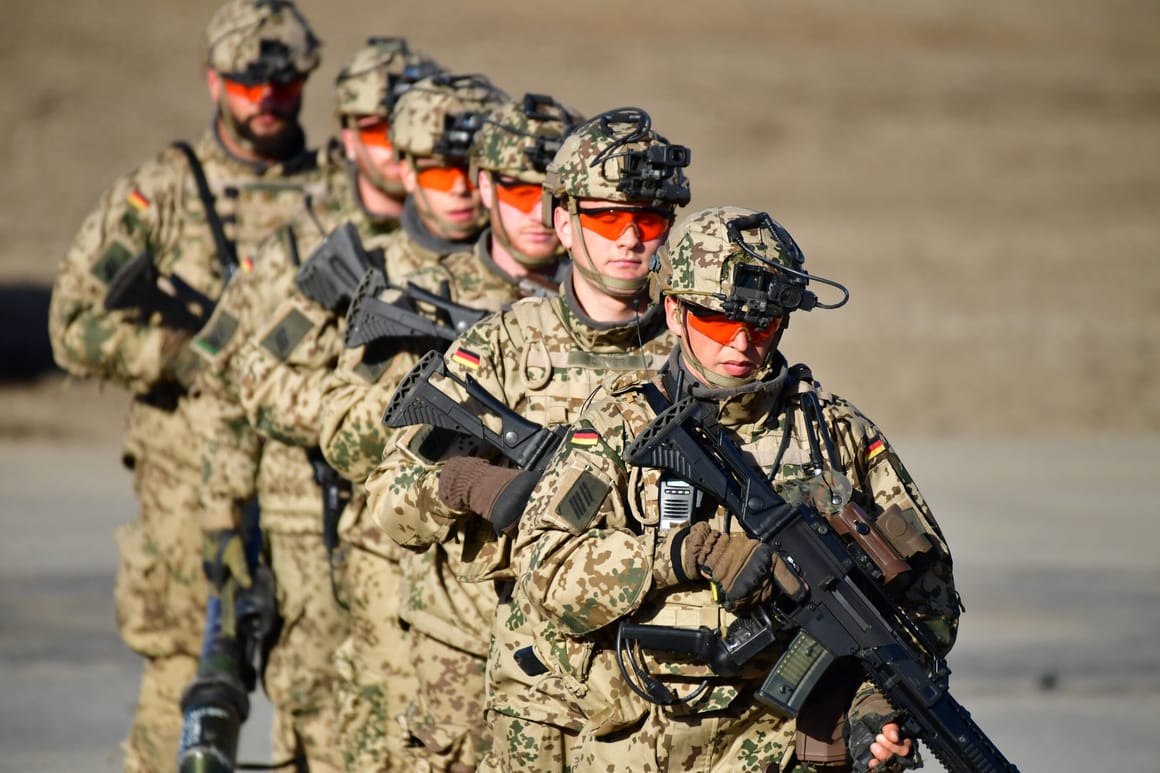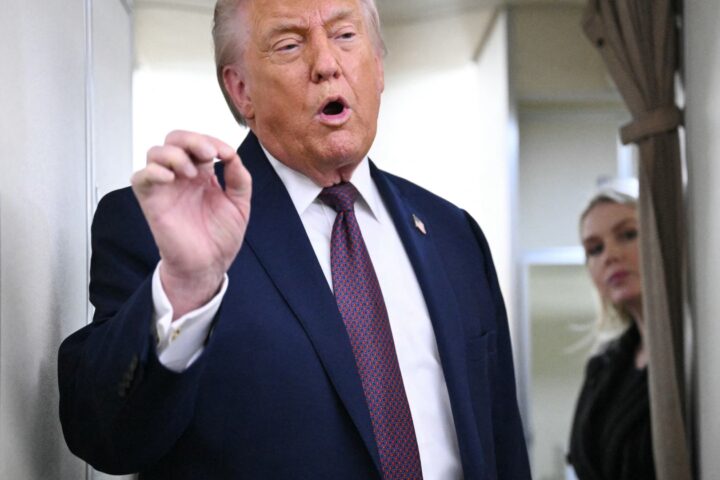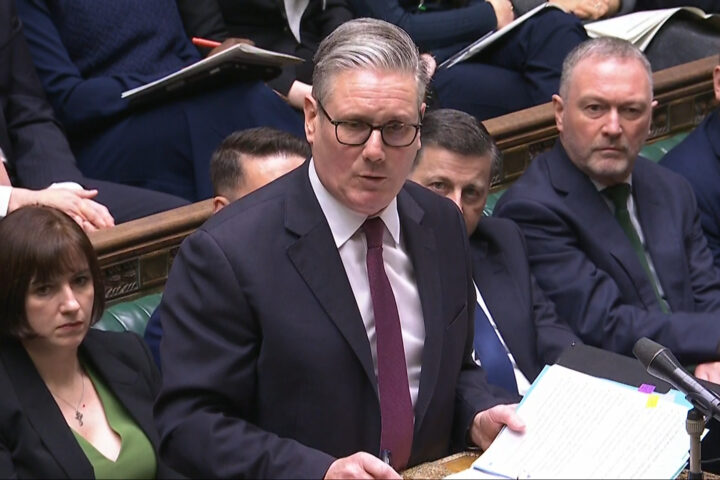Government approves voluntary service law with option for conscription
On 27 August 2025, the German government approved a draft law introducing a new system of voluntary military service aimed at strengthening the Bundeswehr amid rising security threats from Russia. The plan seeks to expand the armed forces to about 460,000 personnel, including 260,000 active soldiers and 200,000 reservists. Although the system is based on voluntary recruitment, the law allows for the reintroduction of mandatory conscription if recruitment targets are not met. Officials confirmed that incentives such as higher salaries will be introduced to make service more attractive.
Pistorius highlights urgency of Bundeswehr growth
Defense Minister Boris Pistorius stressed that Germany must continue to expand its armed forces to respond to the current security environment, citing Moscow’s increasingly aggressive posture. While the Bundeswehr is already growing, he underlined the need for a stronger reserve force, arguing that credible deterrence requires both modern equipment and sufficient personnel. According to joint assessments by the Federal Intelligence Service and the military, published in March 2025, Russia is preparing for a potential large-scale war with NATO.
Merz announces creation of National Security Council
On the same day, Chancellor Friedrich Merz announced the establishment of a National Security Council to improve high-level coordination on defense and security issues. The new body merges the former Federal Security Council, which handled arms exports and defense policy, and the Security Cabinet, which met in times of crisis. Merz argued that European security threats, especially those from Russia, require faster and more flexible decision-making. The council will regularly meet to address strategic issues and will be able to convene rapidly in crises. Officials say it will professionalize Germany’s security architecture, with a focus on long-term forecasting and interagency cooperation, including with NATO and the EU.
Germany views Russia as long-term threat
In his remarks, Merz said the council will not only handle defense planning but also tackle cross-cutting issues in internal, external, economic, and digital security. He warned that Russia remains the biggest long-term threat to European security, stressing that Germany must become “faster, more creative and more determined” in strengthening its resilience and coordination. Intelligence estimates suggested that by 2030, Moscow could reach full capacity for a conventional war with NATO. Despite heavy losses and sanctions, the Kremlin has nearly quadrupled its defense budget since 2021, reaching about €120 billion in 2025, or more than 6% of GDP.
Calls for urgency from German lawmakers
German lawmaker Norbert Röttgen of the ruling CDU warned in May 2025 that Russia might act earlier than Berlin’s military assessments predict, possibly within two to three years. He urged NATO allies to accelerate efforts to strengthen defense capabilities, warning that Europe could face aggression before its planned military build-up is complete. His remarks echoed growing concerns that President Vladimir Putin might exploit Western vulnerabilities and political uncertainty in the United States to escalate conflict.















